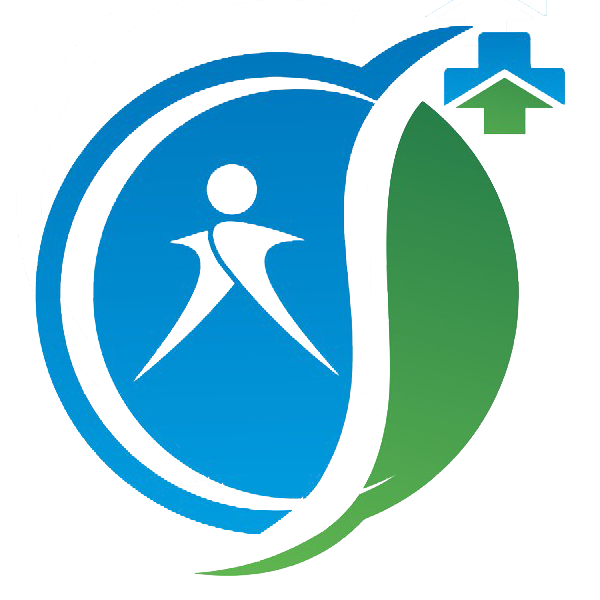5 Ways Electronic Medications Management Systems Increase Patient Safety

5 Ways Electronic Medications Management Systems Increase Patient Safety
Streamline Your Medicine Management Tasks with an Electronic System
What is an EMMS? Electronic Medications Management Systems (EMMS) are a type of software that allows healthcare professionals to electronically manage and track the medication needs of their patients.
Maximize Patient Safety and Efficiency
These systems are designed to improve patient safety by reducing the potential for medication errors and improving the accuracy of medication orders and dosages.
Improve Communication and Accuracy
One of the main benefits of using an EMMS is the instant sharing of accurate information with the care team.
With traditional paper-based systems, it can be time-consuming and error-prone to manually update and communicate changes to medication schedules.
With an EMMS, updates, and changes can be made in real-time and automatically shared with all relevant members of the care team.
This ensures that everyone has access to the most up-to-date information, which can help to prevent errors and ensure that patients receive the correct medications at the right time.
In addition to improving communication and accuracy, EMMS can also help to streamline medication management tasks.
Many systems come equipped with features such as automated refill reminders and alerts for missed doses, which can help to reduce the workload of healthcare professionals and improve patient adherence to their medication regimen.
CLIENT SAFETY
Ensuring the safety of clients is a top priority for any healthcare organization.
One of the leading causes of preventable adverse events in healthcare is medication errors, which can have serious consequences for patients.
By implementing an EMMS, organisations can significantly reduce the risk of medication errors by providing accurate and up-to-date information to all members of the care team.
For example, if a patient's medication schedule is changed, an EMMS can instantly notify the rest of the care team of the change. This can help to prevent errors such as prescribing the wrong medication or giving a patient the wrong dosage.
Additionally, many EMMS come equipped with built-in safety checks such as drug-drug interaction alerts, which can help to prevent adverse events caused by interactions between medications.
REDUCING TIME SPENT ON MEDICINE MANAGEMENT TASKS
In addition to improving patient safety, EMMS can also help to reduce the time spent on medication management tasks.
Traditional paper-based systems require a significant amount of manual effort to create, update, and verify medication schedules.
With an EMMS, these tasks can be automated and streamlined, allowing healthcare professionals to focus on more important tasks such as patient care.
EMMS can also make it easier to build and audit client medication schedules and electronic medication administration records (eMARs).
Many systems come equipped with features such as customisable templates and real-time alerts for missed doses, which can help to ensure that patients are receiving the correct medications at the right time.
FINAL THOUGHTS
Electronic Medications Management Systems can significantly increase client safety by reducing errors and improving the accuracy of medication orders. These systems can also help to streamline medication management tasks and reduce the workload of healthcare professionals.
If your organization is considering implementing an EMMS, be sure to carefully research and compare different options to find the best fit for your needs.
Let's chat.
